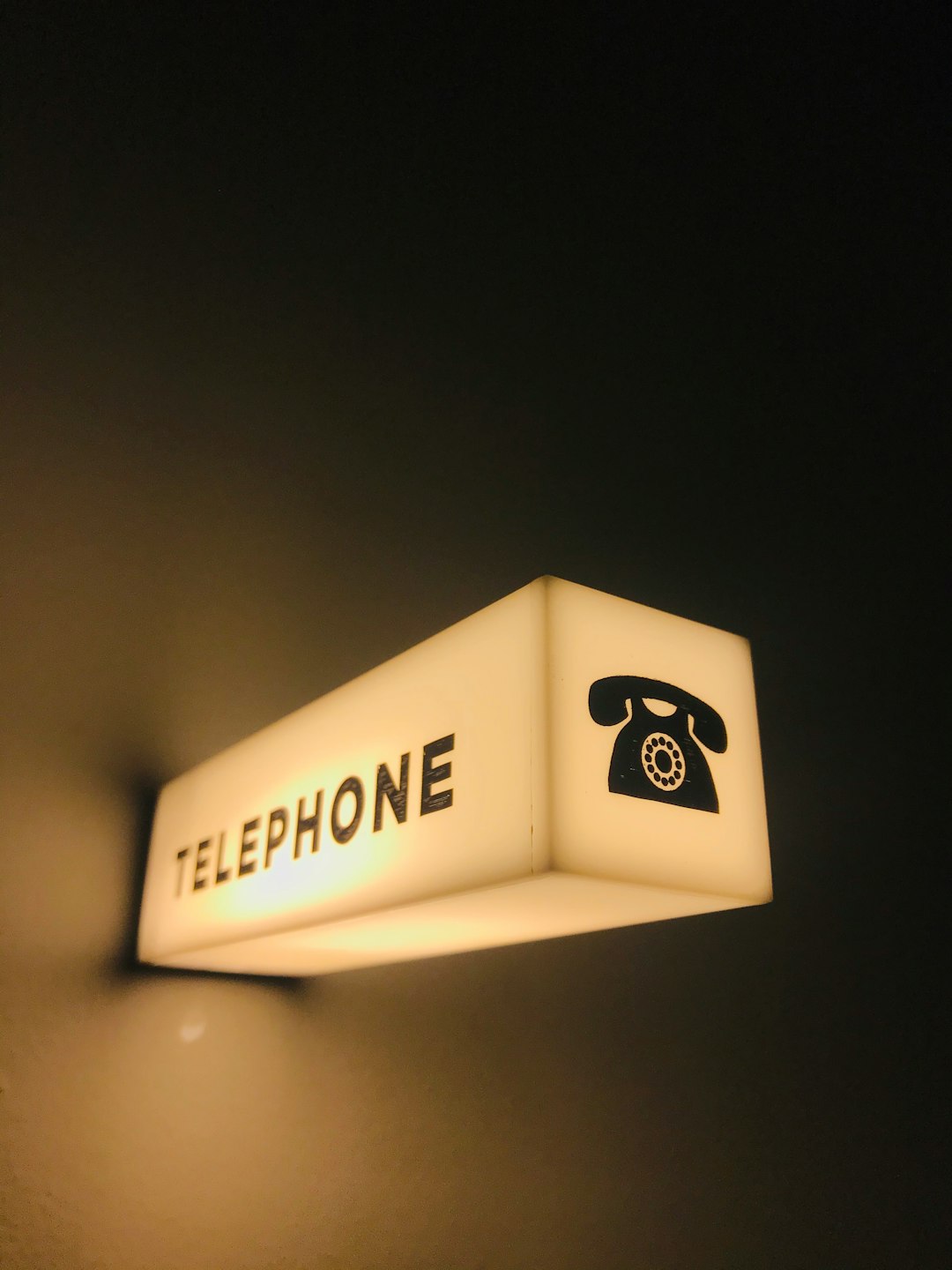Californians facing mistaken debt calls have strong protections under state laws like the DCPA and federal law (FDCPA). A debt collector Attorney California can guide consumers through their rights, ensure accurate debt information, and help resolve issues or pursue legal action if necessary, emphasizing proper documentation for potential resolutions.
In California, consumers face unique protections when dealing with mistaken debt calls. Understanding your rights is crucial when interacting with debt collectors. This comprehensive guide delves into the intricacies of California law, empowering folks to navigate the labyrinthine process. We explore legal protections for misidentified debts and outline strategic communication approaches with debt collector attorneys in California. Learn how to file complaints effectively and revolutionize your debt collection experience.
Understanding Mistaken Debt Calls in California

In California, mistaken debt calls are a common issue that can lead to significant stress and financial inconvenience for consumers. These occur when individuals receive phone calls from debt collectors claiming they owe money for debts they did not incur. This may be due to identity theft, billing errors, or miscommunication. According to California law, consumers have specific rights when faced with such situations.
A debt collector Attorney in California is well-versed in the state’s Fair Debt Collection Practices Act (FDCPAA), which sets guidelines for how debt collectors must conduct themselves. Consumers are protected from harassing or abusive tactics and have the right to request validation of the debt, ensuring that the amount owed is accurate. Knowing their rights can empower individuals to navigate these complex interactions with confidence and assertiveness.
Rights of Consumers Against Debt Collectors

In California, consumers have robust rights against debt collectors as governed by state laws and regulations. If you’ve received a mistaken debt call or believe your rights have been violated, it’s crucial to know what actions you can take. A debt collector Attorney in California can help navigate this complex landscape, ensuring your legal protections are enforced.
Under the Fair Debt Collection Practices Act (FDCPA), debt collectors must adhere to specific guidelines when communicating with consumers. This includes prohibiting abusive, false, or misleading practices, such as making threats, using obscene language, or harassing individuals. California law further strengthens these rights by imposing additional restrictions on debt collection activities, giving consumers more leeway in disputing inaccurate claims and demanding proper verification of debts.
Legal Protections for Misidentified Debts

When a consumer receives a mistaken debt call from a collection agency in California, they are protected by state law. According to the California Debt Collection Practices Act (DCPA), debt collectors must verify the debt and provide validation of the amount owed before engaging in any further communication with the consumer. This means that if a collector calls claiming a debt that does not belong to the caller, they may be liable for harassment or false representation under the law.
A debt collector Attorney California can help consumers navigate these rights and take appropriate action if their rights are violated. If a consumer believes they have been the victim of mistaken debt collection practices, they should document all interactions with the collector, including dates, times, and details of the calls. This documentation can be crucial in resolving the issue or pursuing legal recourse if necessary.
When and How to File a Complaint

If you’ve received a mistaken debt call from a collection agency in California, understanding your rights and taking prompt action is crucial. The first step is to gather all relevant information about the debt, including the collector’s name, phone number, and any documentation they provided. Note down the date and time of the call, as well as any details you can recall about the conversation.
Once you’ve collected this information, consult with a debt collector attorney in California to understand your options. You may choose to file a formal complaint with the appropriate regulatory bodies, such as the California Department of Consumer Affairs. A debt collector attorney can guide you through the process, ensuring your rights are protected and helping to resolve the issue effectively.
Strategies for Effective Communication with Debt Collectors

When dealing with mistaken debt calls, effective communication is key. A California debt collector attorney advises individuals to remain calm and collected during interactions with debt collectors. Verbal interactions can be powerful tools—both for asserting your rights and resolving issues. First, request verification of the debt from the collector. This is your right under California law, ensuring you understand the nature and amount of the alleged debt.
Documenting conversations is also strategic; keep a record of all communications, including dates, times, and details discussed. If the debt is indeed mistaken, these records can be invaluable in disputing the claim. Additionally, be assertive about your rights. Familiarize yourself with California’s Fair Debt Collection Practices Act (FDCPA) guidelines, which protect consumers from abusive or unfair practices. Knowing your rights empowers you to navigate such situations effectively.






